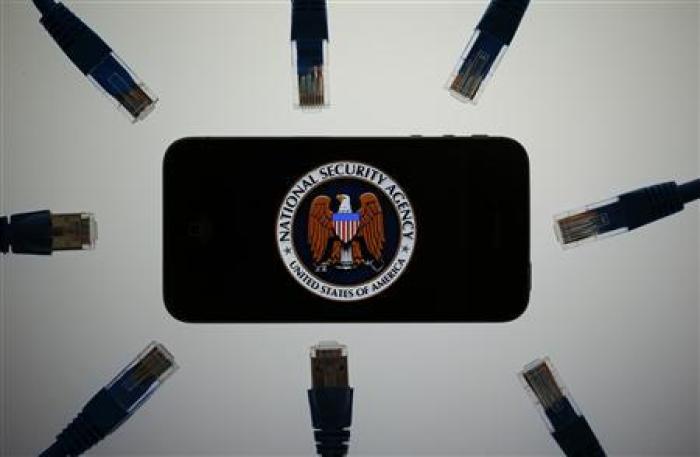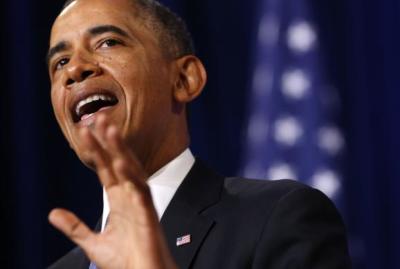NSA Listens to Phone Conversations, New Snowden Documents Show

While previous documents released by "traitor" or "whistleblower" Edward Snowden uncovered National Security Agency's bulk data collection of information such as phone contacts and email addresses, Tuesday's release to The Washington Post is the first to reveal the collection of actual phone conversations.
The NSA collects all the phone conversations in a single nation under a 2009 program called MYSTIC. The Washington Post chose not to reveal which nation at the request of U.S. government officials. Whether the program has expanded since 2009 to include other nations was not confirmed, but the documents suggest there were plans at the time to expand the program.

In a Jan. 17 speech, President Barack Obama assured, "The United States is not spying on ordinary people who don't threaten our national security."
Administration officials have previously indicated, though, that they do not consider bulk data collection the same as spying on an individual. They only consider it spying when a government official looks as the data that has been collected.
The phone calls were, or are, collected and could be retrieved for an investigation into terrorist activities up to a month after the call was placed. Any calls between a U.S. citizen and someone in the undisclosed nation would be included. The program apparently ran into difficulties storing such large amounts of data, but a government facility is currently being built in Utah to store massive amounts of computer data.
In a statement to National Journal, the NSA said it "does not conduct signals intelligence collection in any country, or anywhere in the world, unless it is necessary to advance U.S. national security and foreign policy interests."
Also on Tuesday, The Guardian reported on an interview with the Defense Department's intelligence watchdog, Anthony C. Thomas, deputy Defense Department inspector general for intelligence and special program assessments, that was conducted before The Washington Post story was published.
Thomas, whose job is to oversee the NSA and report on illegal or inappropriate activities, told The Guardian the he was unaware of the NSA's bulk phone data collection programs before they were revealed by Snowden documents last June.
He is waiting for the NSA's own inspector general to look into those programs, he explained.
"If the NSA IG is looking into something and we feel that their reporting, their investigation is ongoing, we'll wait to see what they find or what they don't find, and that may dictate something that we may do. In the course of a planning process, we may get a hotline [call], or we may get some complaint that may dictate an action that we may or not take," Thomas said.
Previous Snowden documents have uncovered that the NSA collects phone records, such as time, location and who the call is to, internet data, such as emails, and information gathered from phone apps, such as Angry Birds.




























